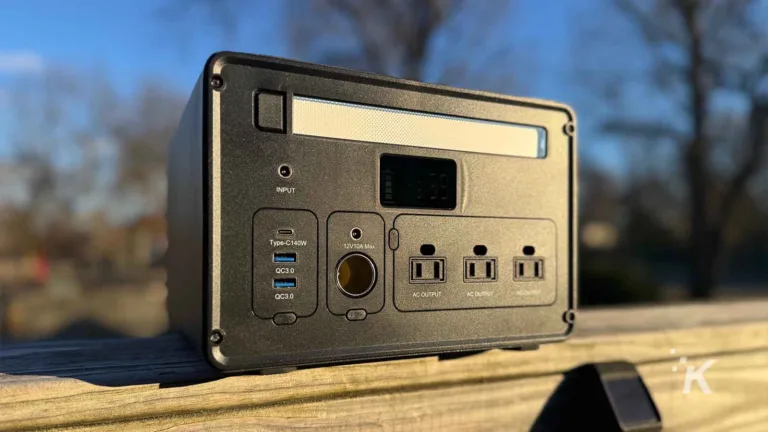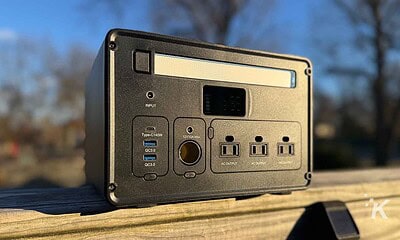Sponsored
Hardware development companies for the healthcare industry
The healthcare hardware market is on the brink of a monumental leap, projected to skyrocket to $464.45 billion by 2034.
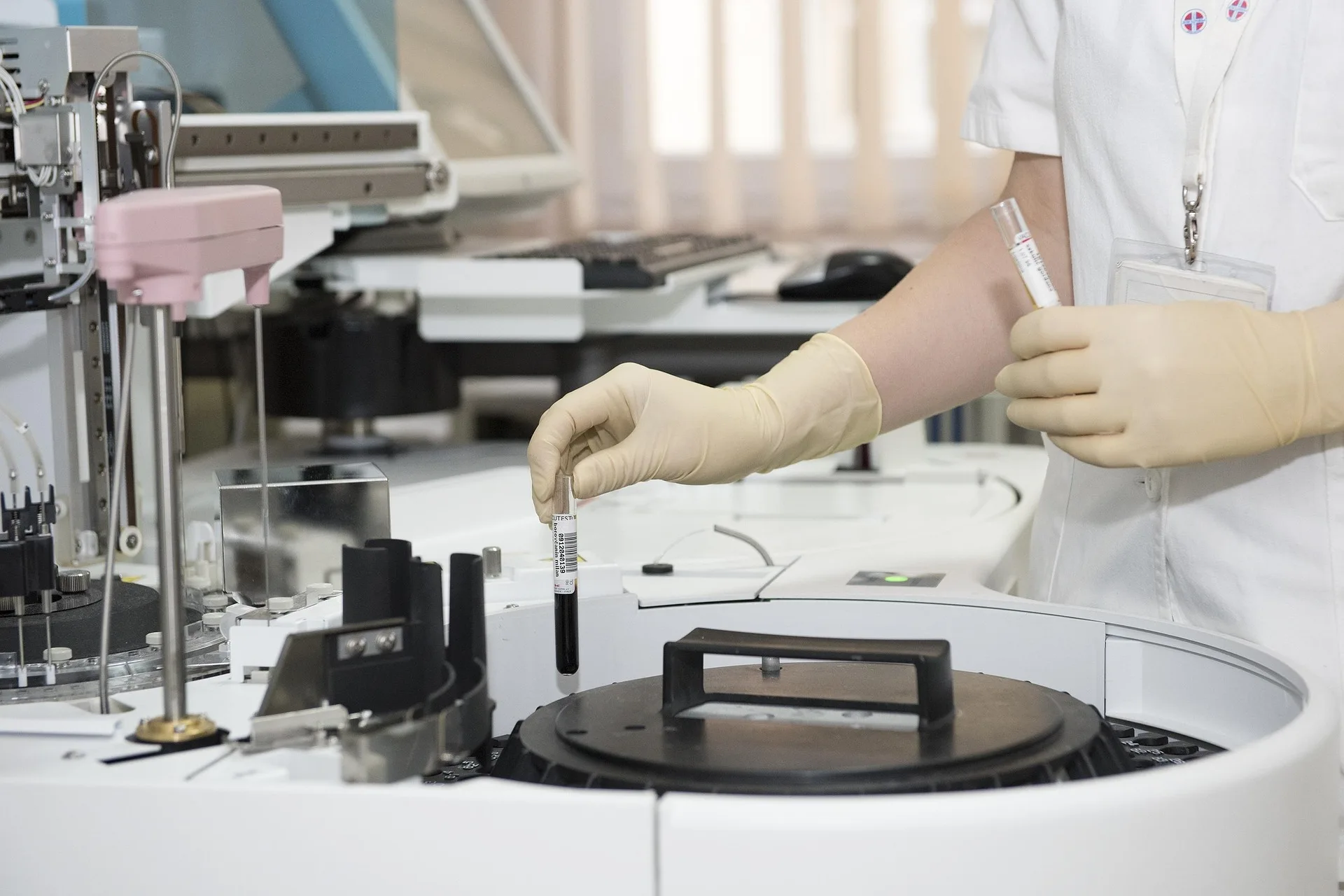
Just a heads up, if you buy something through our links, we may get a small share of the sale. It’s one of the ways we keep the lights on here. Click here for more.
The healthcare hardware market is experiencing unprecedented transformation, with the IoT in healthcare market size forecast to rise from $56.73 billion in 2024 to $464.45 billion by 2034, representing a 23.4% compound annual growth rate.
Medical devices segment held the largest share of 37.5% in 2023, demonstrating hardware’s central role in healthcare’s digital transformation.
This analysis examines leading hardware development companies specializing in medical device engineering.
Market overview and regulatory landscape
Healthcare hardware development operates under stringent regulatory frameworks ensuring patient safety and device effectiveness.
The FDA’s Center for Devices and Radiological Health regulates manufacturers, repackagers, and importers of medical devices sold in the United States. Medical devices are classified into Class I, II, and III, with regulatory control increasing from Class I to Class III.
ISO 13485 certification has become essential for medical device organizations, covering all stages from design to installation, maintenance, and related services.
The standard emphasizes patient safety and quality control, ensuring consistency in processes for design, development, production, storage, distribution, installation, servicing, and disposal of medical devices.
Over 26,000 companies worldwide have obtained ISO 13485 certificates.
Healthcare hardware faces significant cybersecurity challenges, with 82% of healthcare organizations reporting attacks against their IoT devices.
The interconnected nature of modern healthcare systems creates vulnerabilities requiring robust security protocols, regular updates, and comprehensive monitoring.
Leading medical device hardware development companies
Yalantis
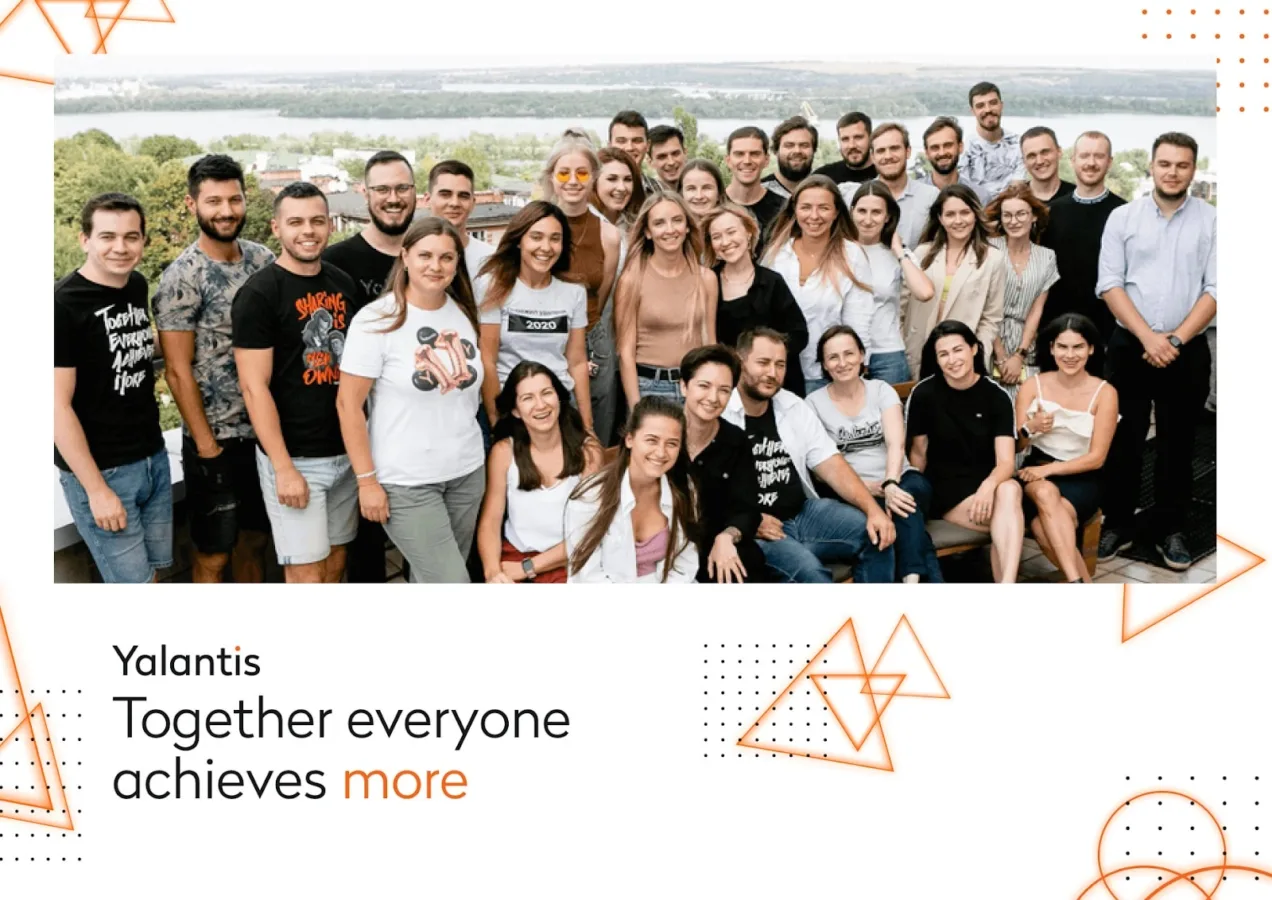
Yalantis is an ISO 9001 and ISO/IEC 27001 certified software engineering and IT consulting company founded in 2008, operating development centers in Warsaw (Poland), Dnipro, Kyiv, Lviv (Ukraine), and Larnaca (Cyprus).
With over 14 years of experience and more than 500 qualified experts, Yalantis specializes in complex digital product development with deep expertise in IoT and medical devices.
Medical Device Development Capabilities
Yalantis provides comprehensive end-to-end medical device design and development services from concept to certification, helping clients cut time-to-market by 6 months and reduce post-market costs by 30%.
As a healthcare-focused hardware development company, Yalantis develops Class II and Class III medical devices, demonstrating capability for the most highly regulated categories.
Device Design & Hardware Engineering includes industrial and enclosure design tailored to clinical use, consulting on circuit design and electrical architecture, prototyping and functional testing of medical equipment, PCB design compliant with medical-grade requirements, component selection with regulatory and certification requirements in mind, and preparation of full hardware documentation.
Firmware & Software Development encompasses secure medical device firmware programming using Rust, C/C++, mobile and web applications for device control and patient engagement, cloud platforms for data storage and analytics, integration with Electronic Health Records and hospital systems, real-time device monitoring and remote diagnostics, and custom medical imaging software.
Regulations & Compliance Support covers FDA 510(k) and PMA submission support, MDR compliance for European markets, ISO 13485 quality management implementation, IEC 62304 medical device software lifecycle compliance, HIPAA and GDPR data privacy compliance, and HL7/FHIR interoperability standards.
AI & TinyML Integration includes on-device AI for predictive diagnostics and patient monitoring, computer vision for medical imaging analysis, machine learning models for anomaly detection, TinyML for low-power wearable devices, and edge computing for real-time data processing.
Proven healthcare project outcomes
Yalantis has delivered multiple successful healthcare projects. A medical IoT system for patient monitoring achieved better patient-doctor communication, enabled online patient data monitoring, and provided deeper insight into patient state.
A client-facing app for a medical device manufacturer created functional add-on solution for medical devices, increased the number of healthcare providers using the client’s medical devices, and improved patient satisfaction.
Software as a Medical Device for a pharmacy network automated calculation of accurate, patient-specific drug dosages, achieved 30% faster prescription processing through smart decision support.
It also provided seamless integration with Prescription Drug Monitoring Programs, saving up to 10 minutes per prescription.
Biomerics
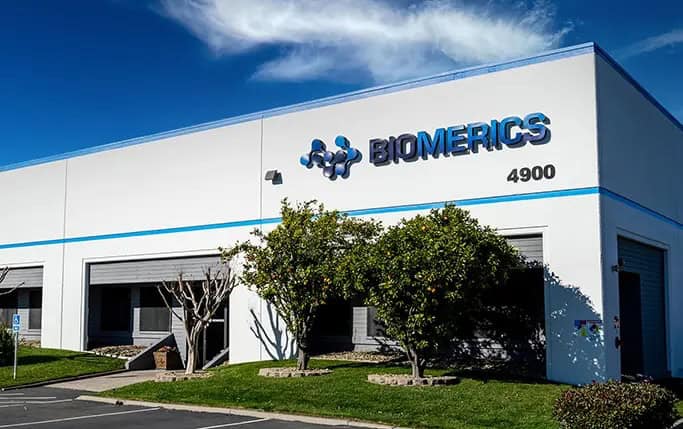
Founded in 1994, Biomerics is the leading vertically integrated medical device contract manufacturer serving the interventional device market.
Trusted by 20 of the top 30 medical device OEMs globally, Biomerics supplies companies including Medtronic, Abbott, and Boston Scientific.
Biomerics operates 13 global facilities including nine locations in the United States, two in Costa Rica, one in the Dominican Republic, and one in Ireland.
The company provides comprehensive engineering design and development services, technology transfer manufacturing, and contract manufacturing services including sterilization and packaging for medical device components, subassemblies, and finished devices.
Biomerics holds ISO 13485:2016 certification and is FDA registered and compliant with FDA 21 CFR Part 820.
The company’s Centers of Excellence demonstrate leadership in performance materials, interventional medical plastics, complex extrusions, micromachining of metals and polymers, laser processing, balloons and balloon catheters, advanced catheters and steerables, guidewires, and complex microassembly.
Freudenberg Medical
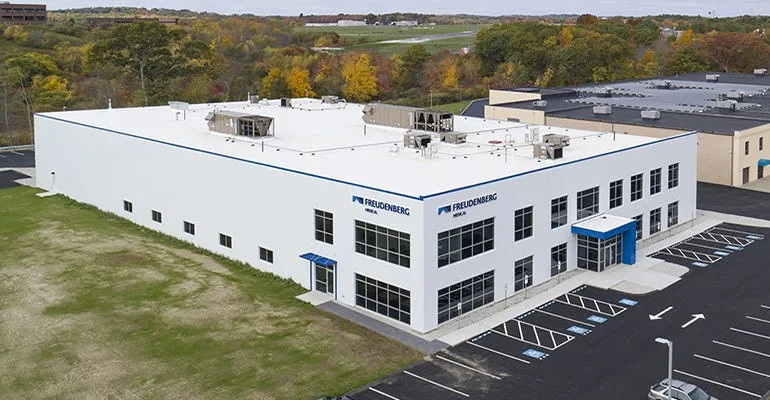
Freudenberg Medical is a global partner in the medical device industry with facilities in California, Massachusetts, Minnesota, Indiana, Costa Rica, Ireland, China, and Germany.
All production locations have achieved compliance with ISO 13485 medical device quality standard, demonstrating worldwide commitment to delivering quality products.
The company provides end-to-end support from early-stage ideation through process validation and volume production.
Freudenberg Medical leverages advanced tools like digital modeling and digital twin technology to optimize designs, simulate real-world performance, and accelerate time to market.
Services include thermoplastic and silicone injection molding, electrically conductive silicone for smart medical devices, customer-specific tubing for medical technology and pharmaceuticals.
Also included are complex diagnostics and interventional catheters, metal hypotubes and specialty needles, and coatings and surface modifications including hydrophilic coatings and drug coatings for combination products.
Boston Engineering
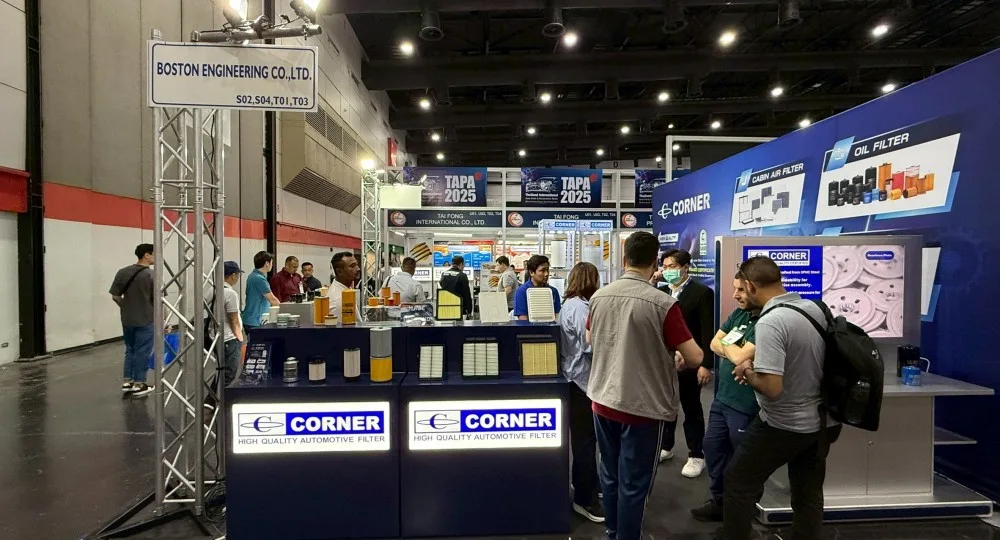
Boston Engineering has nearly 30 years of experience designing, developing, and optimizing devices and technologies the medical community relies on to save lives, enrich quality of life, and reduce costs.
The company offers full-service product design and development capabilities spanning the entire product lifecycle including Design History File documentation, design verification and validation activities, and Quality Management System implementation.
Boston Engineering’s breakthrough medical device innovations include a high-tech electrostatic wound-healing bandage, blood filtration process equipment, and a new type of drug infusion pump reducing medication errors and improving patient care outcomes.
In partnership with Quidel, Boston Engineering designed a product development kit in just 15 months, enabling Quidel to secure FDA emergency use authorization for its QuickVue COVID-19 test, providing accurate results in 10 minutes.
Key selection criteria for healthcare hardware partners
Regulatory expertise and compliance
Evaluate demonstrated experience with FDA 510(k) and PMA submissions, MDR compliance for European markets, ISO 13485 quality management implementation, IEC 62304 medical device software lifecycle compliance, and HIPAA/GDPR data privacy compliance.
Companies with FDA-registered facilities and history of successful FDA inspections demonstrate proven regulatory capability.
End-to-end capabilities
Comprehensive services spanning hardware design, IoT firmware development, software integration, cloud platforms, mobile applications, regulatory documentation, testing/validation, and manufacturing support reduce coordination overhead and accelerate time-to-market.
Vertically integrated partners provide complete solutions from components to finished devices.
Technology integration
Modern medical devices require seamless integration across multiple systems.
Evaluate capabilities in EHR/hospital system integration supporting HL7/FHIR standards, IoT connectivity with cloud platforms, AI/ML integration for predictive diagnostics and decision support, computer vision for medical imaging analysis, and cybersecurity implementation protecting patient data.
Emerging trends in healthcare hardware
AI and edge computing integration
AI-powered medical devices enable real-time intelligence without cloud dependency through machine learning and neural networks.
Applications include predictive maintenance detecting equipment failures, autonomous diagnostics with ECG analysis and arrhythmia detection, computer vision for medical imaging analysis, and wearable health trackers providing early diagnosis through continuous monitoring.
Edge computing moves data processing directly to devices, enabling faster response times critical for life-saving interventions, reduced latency for real-time monitoring.
It also provides enhanced privacy by processing sensitive data locally, and lower bandwidth costs by transmitting only relevant insights to the cloud.
Remote patient monitoring
Remote patient monitoring devices enable continuous tracking of vital signs including body temperature, respiration rate, heart rate, and activity levels.
RPM reduces need for frequent doctor consultations, allowing patients to spend less time in hospitals, lowering waiting times and improving treatment outcomes.
Conclusion
The healthcare hardware development landscape encompasses specialized firms from boutique medical device design companies to global contract manufacturers and integrated engineering partners.
Success in this domain requires technical expertise across hardware, firmware, and software, combined with deep understanding of regulatory frameworks, clinical workflows, patient safety requirements, and quality management systems.
Yalantis distinguishes itself through integrated full-stack capabilities spanning medical device hardware, firmware, software, cloud, mobile, and AI, combined with comprehensive regulatory compliance support across FDA, MDR, ISO 13485, and healthcare data privacy standards.
The company’s demonstrated outcomes including 6-month time-to-market reduction and 30% post-market cost reduction, combined with Class II/III device experience, position it competitively for complex healthcare hardware projects.
The future of healthcare hardware will be shaped by AI-powered diagnostics at the edge, 5G-enabled remote patient monitoring, personalized medicine through continuous data collection, enhanced cybersecurity protecting patient data, and seamless interoperability across healthcare systems.
Editors’ Recommendations:
Disclosure: This is a sponsored post. However, our opinions, reviews, and other editorial content are not influenced by the sponsorship and remain objective.


